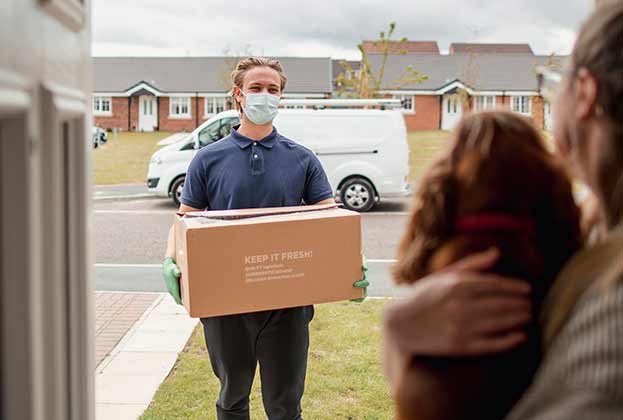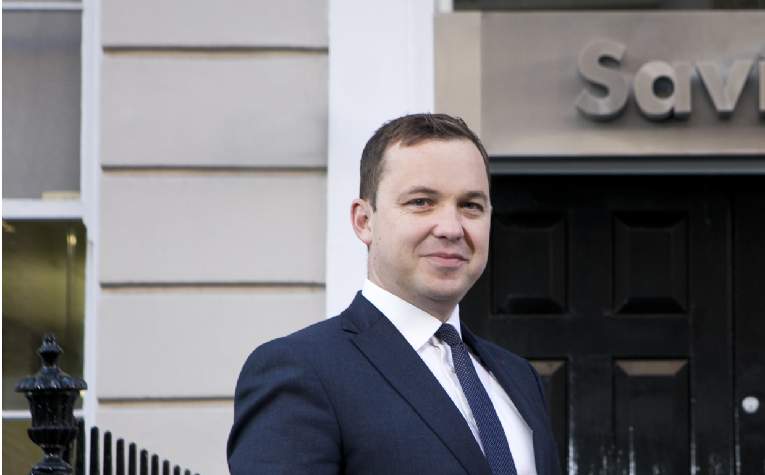Just before then, and probably a day before the 2 km restriction was introduced, I drove on an empty road to Mitchelstown to hand over our last remaining laptop to the Head of our Cork office. From that point onwards, we were a properly mobile enabled/work from anywhere business.
For at least a year before the pandemic, our business continuity planning meetings were usually about preparing for an unknown or unpredictable catastrophe. Our CIO warned us of the impact of a hypothetical pandemic whenever he provided an IT security update to the group. Among other things, that encouraged us to move every software application to the Cloud.
In terms of business continuity planning, the first lockdown was a complete success. Our IT was superb. Our communication strategy, exceptional. The commute to work took seconds. The weather was great, and it seemed that business was going to return to normal in a matter of weeks – the so-called V shaped recovery. It was a privilege to work safely from home. A privilege not afforded to the butcher, the baker, the candlestick maker to name a few.
However, the gloss wore off quickly when we realised what we left behind. Our culture. In our business colleagues are friends, leaders are visible, teams collaborate, success celebrated, and juniors elevated. Excuse the cliché but we do have a genuine work hard, play hard attitude.
The problem with remote working is that it just feels like hard work. There is no play. Virtual drinks, steps challenges, virtual coffees etc. just don’t cut it culturally speaking. Video conferences, webinars, and all the free online courses you can muster simply cannot replicate a true learning environment so much of which happens by assimilation.
In a pandemic, being able to work remotely is a privilege. Realistically, the privilege is probably only for knowledge-based businesses where apparently all you need is laptop and internet connection, and a brain to effectively work from anywhere. In theory, the same can be said for many of the jobs that FDI has brought to Ireland, but that is on the basis that culture doesn’t matter. Peter Drucker’s famous quote “culture eats strategy for breakfast” has never been more meaningful.
In some ways, double standards apply to lockdowns. We are not all in it together. The privileged can work from home, but this is not the case for anyone that makes or sells anything that is not considered essential. We have numerous clients making and selling non essentials and we have many more working in the hospitality sector. It is arguable that these are in the front line in that they are taking the brunt of the economic hit of the pandemic. Unlike the office[r] or privileged class, they are in the trenches of this war against the virus and I really don’t know how their business continuity plans are working for them. I would go so far as to argue that those are not so privileged and maybe should be top of the vaccine lists along with other vulnerable groups.
If there is a lesson to be learned from the last year, it is to update your business continuity plan to include a culture continuity plan. That might change the narrative around remote working and, maybe for now, a Zero-Covid strategy might be a better option. The argument against this is that we have an open economy which is debatable compared with China, Taiwan, Vietnam or Singapore but maybe less so for Australia and New Zealand. Ultimately though, perhaps it is a just a case of putting people before privilege.
.jpg)





.jpg)
.jpg)
.jpg)
.jpg)
